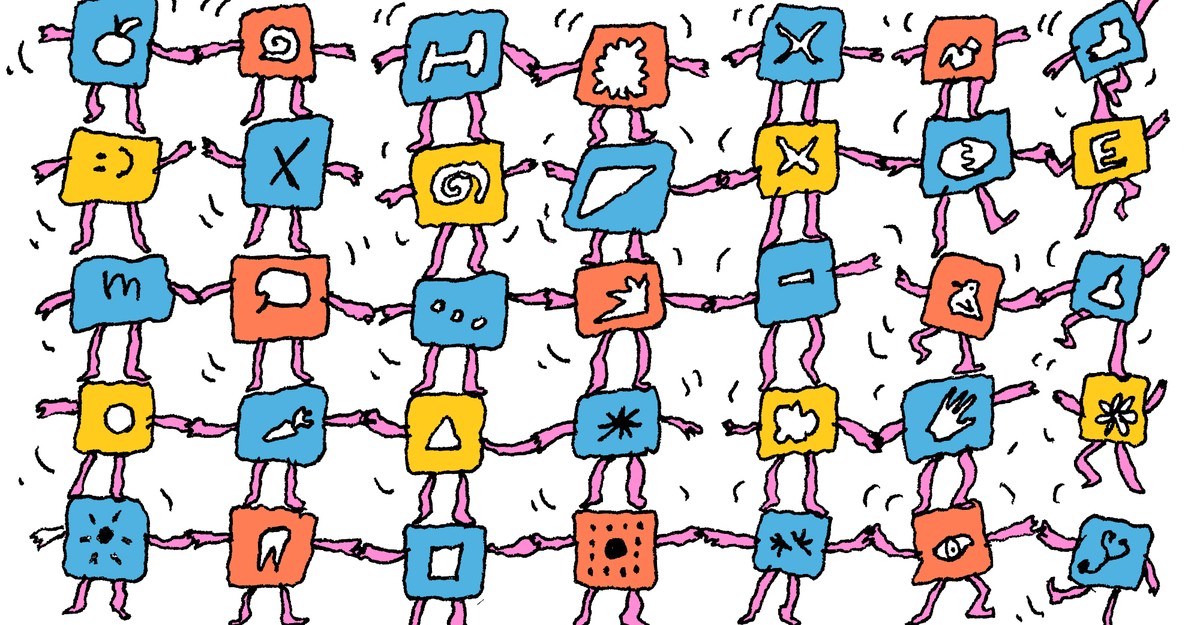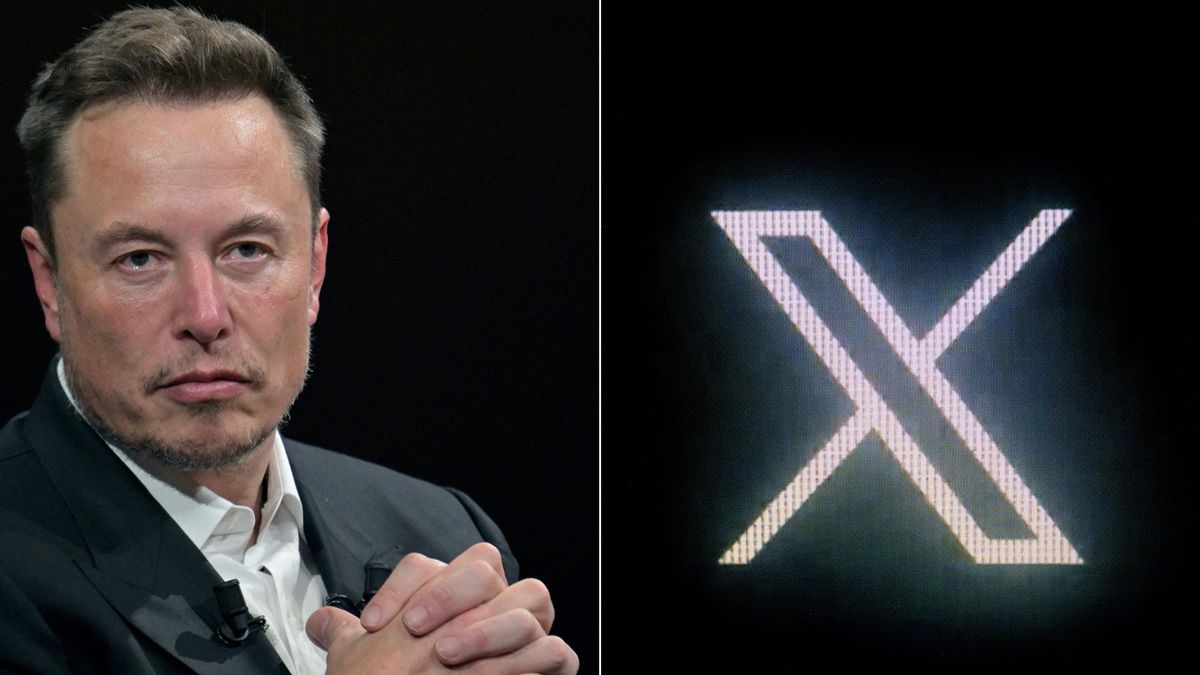 www.techradar.com
www.techradar.com
>Elon Musk’s latest changes for X are driving more users away – not exactly a surprise, granted – and many of them are flocking to rival social media outlet Bluesky. So many made the switch, in fact, it led to Bluesky briefly going down due to the volume of incoming new users. > >The central move initiated by X that made the headlines for driving migration away from Musk’s platform is a change to the way the ‘Block’ button works. This was actually announced back in September, but is officially being implemented now (well, it’ll be in place ‘soon’ we’re told). > >It means that going forward, X users who you have blocked will still be able to view your (public) posts – though they won’t be able to engage with them in any way (from replies to liking and so forth). > >This is problematic for obvious reasons, in terms of enabling stalkers and trolls who will still be able to view the posts of an account that has blocked them, when previously this wasn’t the case. In the past, blocking meant that the blocked user couldn’t see any posts (or anything at all, save for a message telling them that they’ve been blocked), but soon, this will change. >Bluesky posted to say it had in excess of 100,000 new users inside 12 hours following the announcement by X, after the rival network highlighted the fact that its block function stops those who are blocked from viewing any posts. >In an update, Bluesky noted that it has now gained half a million new users in the past day. >There’s another reason that some folks are rapidly exiting from X stage left (and right, and indeed center, clambering over the audience, it would seem), and that’s a change to X’s privacy policy. > >As TechCrunch reports, the new policy includes an update that allows third-party collaborators to use content on X to train their AI models – unless the user opts out. This is a notable extension of the reach of AI training on X, which has so far only been used to train Musk’s own Grok AI (unless users opt out, again).
 gizmodo.com
gizmodo.com
>The Federal Trade Commission is investigating tractor manufacturer John Deere over long standing allegations that Deere makes its farm equipment hard to repair. The investigation has been ongoing since 2021, and we know more about it now thanks to a court filing made public on Thursday. >The stated purpose of the FTC’s [investigation] is ‘[t]o determine whether Deere & Company, or any other person, has engaged in or is engaging in unfair, deceptive, anticompetitive, collusive, coercive, predatory, exploitative, or exclusionary acts or practices in or affecting commerce related to the repair of agricultural equipment in violation of Section 5 of the Federal Trade Commission Act >John Deere has been notorious for years for making its farm equipment hard to repair. Much like today’s cars, John Deere’s farm equipment comes with a lot of computers. When something simple in one of its tractors or threshers breaks, a farmer can’t just fix it themselves. Even if the farmer has the technical and mechanical know-how to make a simple repair, they often have to return to the manufacturer at great expense. Why? The on-board computers brick the machines until a certified Deere technician flips a switch. >Farmers have been complaining about this for years and Deere has repeatedly promised to make its tractors easier to repair. It lied. John Deere equipment was so hard to repair that it led to an explosion in the used tractor market. Old farm equipment made before the advent of onboard computing sold for a pretty penny because it was easier to repair. >In 2022, a group of farmers filed a class action lawsuit against John Deere and accused it of running a repair monopoly. Deere, of course, attempted to get the case dismissed but failed. >Chief among Deere’s promises was that it would provide farmers and independent repair shops with the equipment and documentation they needed to repair their equipment. The promises of the memorandum have not come to pass. Senator Elizabeth Warren called Deere out in a letter about all of this on October 2. “Rather than uphold their end of the bargain, John Deere has provided impaired tools and inadequate disclosures,” Warren said in the letter.
 gizmodo.com
gizmodo.com
>The Federal Trade Commission is investigating tractor manufacturer John Deere over long standing allegations that Deere makes its farm equipment hard to repair. The investigation has been ongoing since 2021, and we know more about it now thanks to a court filing made public on Thursday. >The stated purpose of the FTC’s [investigation] is ‘[t]o determine whether Deere & Company, or any other person, has engaged in or is engaging in unfair, deceptive, anticompetitive, collusive, coercive, predatory, exploitative, or exclusionary acts or practices in or affecting commerce related to the repair of agricultural equipment in violation of Section 5 of the Federal Trade Commission Act >John Deere has been notorious for years for making its farm equipment hard to repair. Much like today’s cars, John Deere’s farm equipment comes with a lot of computers. When something simple in one of its tractors or threshers breaks, a farmer can’t just fix it themselves. Even if the farmer has the technical and mechanical know-how to make a simple repair, they often have to return to the manufacturer at great expense. Why? The on-board computers brick the machines until a certified Deere technician flips a switch. >Farmers have been complaining about this for years and Deere has repeatedly promised to make its tractors easier to repair. It lied. John Deere equipment was so hard to repair that it led to an explosion in the used tractor market. Old farm equipment made before the advent of onboard computing sold for a pretty penny because it was easier to repair. >In 2022, a group of farmers filed a class action lawsuit against John Deere and accused it of running a repair monopoly. Deere, of course, attempted to get the case dismissed but failed. >Chief among Deere’s promises was that it would provide farmers and independent repair shops with the equipment and documentation they needed to repair their equipment. The promises of the memorandum have not come to pass. Senator Elizabeth Warren called Deere out in a letter about all of this on October 2. “Rather than uphold their end of the bargain, John Deere has provided impaired tools and inadequate disclosures,” Warren said in the letter.
 www.aclunc.org
www.aclunc.org
>With the looming presidential election, a United States Supreme Court majority that is hostile to civil rights, and a conservative effort to rollback AI safeguards, strong state privacy laws have never been more important. > >But late last month, efforts to pass a federal comprehensive privacy law died in committee, leaving the future of privacy in the US unclear. Who that future serves largely rests on one crucial issue: the preemption of state law. > >On one side, the biggest names in technology are trying to use their might to force Congress to override crucial state-level privacy laws that have protected people for years. > >On the other side is the American Civil Liberties Union and 55 other organizations. We explained in our own letter to Congress how a federal bill that preempts state law would leave millions with fewer rights than they had before. It would also forbid state legislatures from passing stronger protections in the future, smothering progress for generations to come. > >Preemption has long been the tech industry’s holy grail. But few know its history. It turns out, Big Tech is pulling straight from the toxic strategy that Big Tobacco used in the 1990s. Back then, Big Tobacco invented the “Accommodation Program,” a national campaign ultimately aimed at federal preemption of indoor smoking laws. > >Phillip Morris and others in the tobacco industry implemented a three-step strategy which is only known through documents made public in litigation years later. Those documents reveal the inner workings of a nefarious corporate influence machine designed to quietly snuff out a democratic movement that threatened their profits. And now Big Tech is trying to do the same. > >But it’s not too late. We can ensure our civil rights and civil liberties are protected in the digital age. But to defeat Big Tech’s strategy, first we must understand it.
 www.aclunc.org
www.aclunc.org
>With the looming presidential election, a United States Supreme Court majority that is hostile to civil rights, and a conservative effort to rollback AI safeguards, strong state privacy laws have never been more important. > >But late last month, efforts to pass a federal comprehensive privacy law died in committee, leaving the future of privacy in the US unclear. Who that future serves largely rests on one crucial issue: the preemption of state law. > >On one side, the biggest names in technology are trying to use their might to force Congress to override crucial state-level privacy laws that have protected people for years. > >On the other side is the American Civil Liberties Union and 55 other organizations. We explained in our own letter to Congress how a federal bill that preempts state law would leave millions with fewer rights than they had before. It would also forbid state legislatures from passing stronger protections in the future, smothering progress for generations to come. > >Preemption has long been the tech industry’s holy grail. But few know its history. It turns out, Big Tech is pulling straight from the toxic strategy that Big Tobacco used in the 1990s. Back then, Big Tobacco invented the “Accommodation Program,” a national campaign ultimately aimed at federal preemption of indoor smoking laws. > >Phillip Morris and others in the tobacco industry implemented a three-step strategy which is only known through documents made public in litigation years later. Those documents reveal the inner workings of a nefarious corporate influence machine designed to quietly snuff out a democratic movement that threatened their profits. And now Big Tech is trying to do the same. > >But it’s not too late. We can ensure our civil rights and civil liberties are protected in the digital age. But to defeat Big Tech’s strategy, first we must understand it.
 www.carscoops.com
www.carscoops.com
>Mazda recently surprised customers by requiring them to sign up for a subscription in order to keep certain services. Now, notable right-to-repair advocate Louis Rossmann is calling out the brand. >It’s important to clarify that there are two very different types of remote start we’re talking about here. The first type is the one many people are familiar with where you use the key fob to start the vehicle. The second method involves using another device like a smartphone to start the car. In the latter, connected services do the heavy lifting. > >**Transition to paid services** > >What is wild is that Mazda used to offer the first option on the fob. Now, it only offers the second kind, where one starts the car via phone through its connected services for a $10 monthly subscription, which comes to $120 a year. Rossmann points out that one individual, Brandon Rorthweiler, developed a workaround in 2023 to enable remote start without Mazda’s subscription fees. > >However, according to Ars Technica, Mazda filed a DMCA takedown notice to kill that open-source project. The company claimed it contained code that violated “[Mazda’s] copyright ownership” and used “certain Mazda information, including proprietary API information.”
 www.techspot.com
www.techspot.com
>Wikipedia has a new initiative called WikiProject AI Cleanup. It is a task force of volunteers currently combing through Wikipedia articles, editing or removing false information that appears to have been posted by people using generative AI. > >Ilyas Lebleu, a founding member of the cleanup crew, told 404 Media that the crisis began when Wikipedia editors and users began seeing passages that were unmistakably written by a chatbot of some kind.
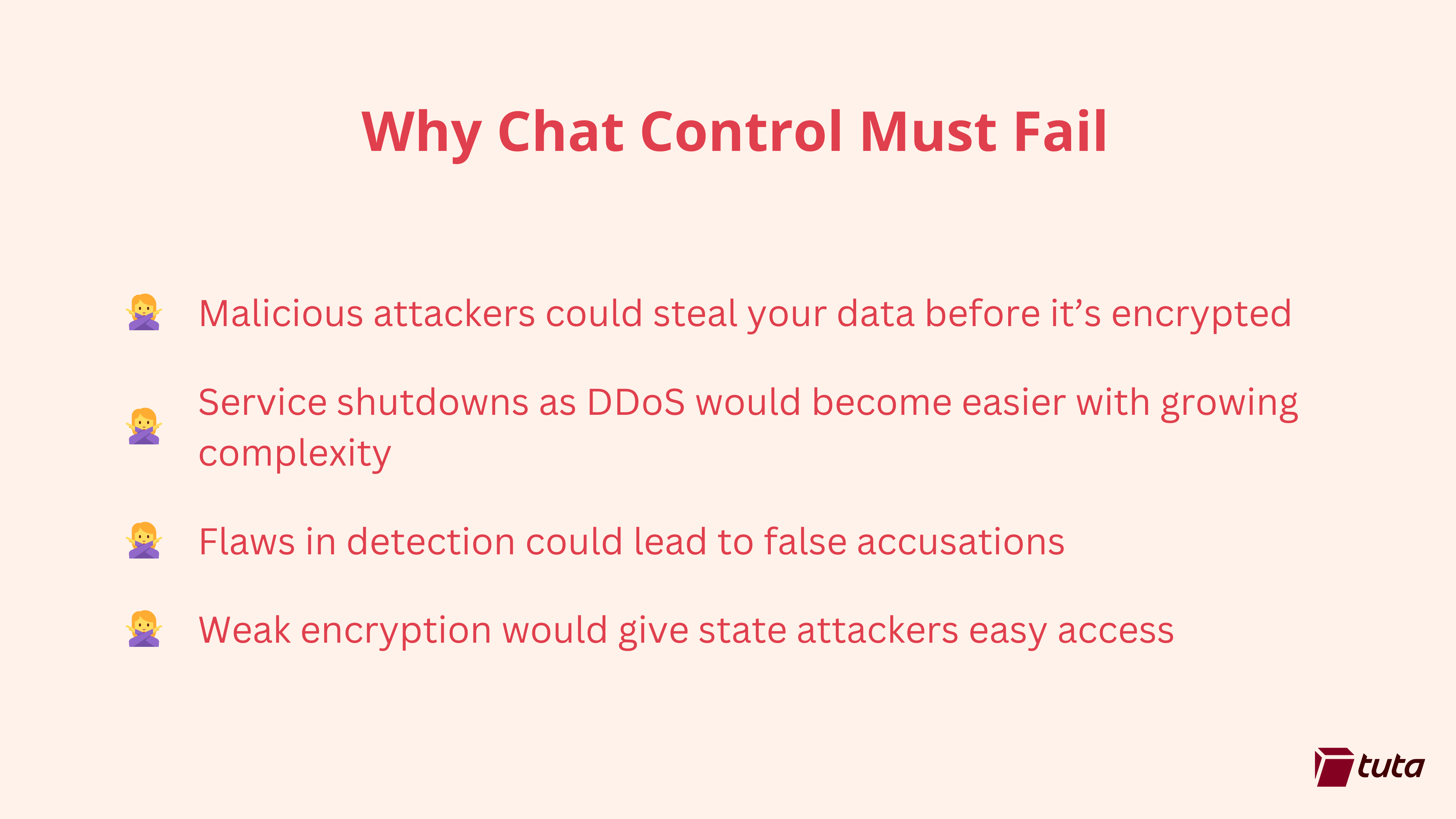 tuta.com
tuta.com
>Another month, another attempt: Even though Hungary had to cancel the latest EU Council's vote on the Child Sexual Abuse (CSA) Regulation in June 2024 because there was no majority among member states, it tried again this Wednesday - without success. The tipping point was that the Dutch secret service clearly issued their opinion on the enormous threat to everybody's security should end-to-end encryption be weakened. Encryption is paramount for the digital resilience in Europe.
 tuta.com
tuta.com
>Another month, another attempt: Even though Hungary had to cancel the latest EU Council's vote on the Child Sexual Abuse (CSA) Regulation in June 2024 because there was no majority among member states, it tried again this Wednesday - without success. The tipping point was that the Dutch secret service clearly issued their opinion on the enormous threat to everybody's security should end-to-end encryption be weakened. Encryption is paramount for the digital resilience in Europe.
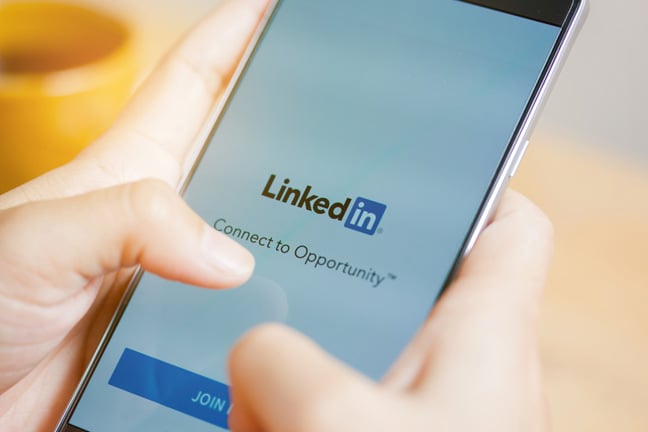 www.theregister.com
www.theregister.com
>Microsoft's LinkedIn will update its User Agreement next month with a warning that it may show users generative AI content that's inaccurate or misleading. > >LinkedIn thus takes after its parent, which recently revised its Service Agreement to make clear that its Assistive AI should not be relied upon. > >LinkedIn, however, has taken its denial of responsibility a step further: it will hold users responsible for sharing any policy-violating misinformation created by its own AI tools. > >The relevant passage, which takes effect on November 20, 2024, reads: > >>Generative AI Features: By using the Services, you may interact with features we offer that automate content generation for you. The content that is generated might be inaccurate, incomplete, delayed, misleading or not suitable for your purposes. Please review and edit such content before sharing with others. Like all content you share on our Services, you are responsible for ensuring it complies with our Professional Community Policies, including not sharing misleading information. > >In short, LinkedIn will provide features that can produce automated content, but that content may be inaccurate. Users are expected to review and correct false information before sharing said content, because LinkedIn won't be held responsible for any consequences. > >The platform's Professional Community Policies direct users to "share information that is real and authentic" – a standard to which LinkedIn is not holding its own tools.
 www.techradar.com
www.techradar.com
>Neowin noticed that Microsoft has updated a help document about what it means if you’re using an unsupported version of Windows (spoiler alert: if you’re online at all, it’s a huge security risk), which currently means PCs running Windows 8.1 (or 8) and Windows 7, or earlier. > >It’s worth noting, however, that this will also be the case for Windows 10 devices in a year’s time if their owners don’t take any action, as the end of support rolls around for that OS in October 2025. > >Microsoft’s article takes the form of a short discussion followed by a FAQ, and the main update applied to the document pertains to the options for staying supported with Windows, with a new choice added here: ‘Recommended: New PC with Windows 11.’ > >So, this is Microsoft’s primary recommendation if your unsupported PC isn’t up to scratch, hardware-wise, for Windows 11 – get a new computer. >Given that, it’d be nice to see Microsoft working towards a solution in respect of somewhat newer PCs, which goes somewhere down the path of tackling some of the alarming stats we’ve heard about the number of Windows 10 machines heading to landfill in the future. This is a potential environmental disaster that could see hundreds of millions of PCs lumped unceremoniously on the scrapheap. > >And ever since those concerns have been raised, we haven’t heard anything from Microsoft as to how they might be mitigated. What Windows 10 users (who can’t, or won’t, upgrade) can do is pay for extended support beyond October 2025 – but that could turn out to be an expensive way to go, particularly beyond the first year if Microsoft’s previous pricing in these schemes is anything to go by. > >Logically, then, Microsoft needs to be looking at a way of keeping Windows 10 alive – for those totally blocked by Windows 11’s more demanding requirements on the security front and elsewhere – which works out to be way more cost-friendly for users, in an effort to save what might be a much heavier price to pay for the planet. In short, ‘buy a new PC’ will soon not be the answer we need frontloaded here, and pushing folks to make a purchase of a new computer is already a very dubious first port of call given what we’re facing down the road.
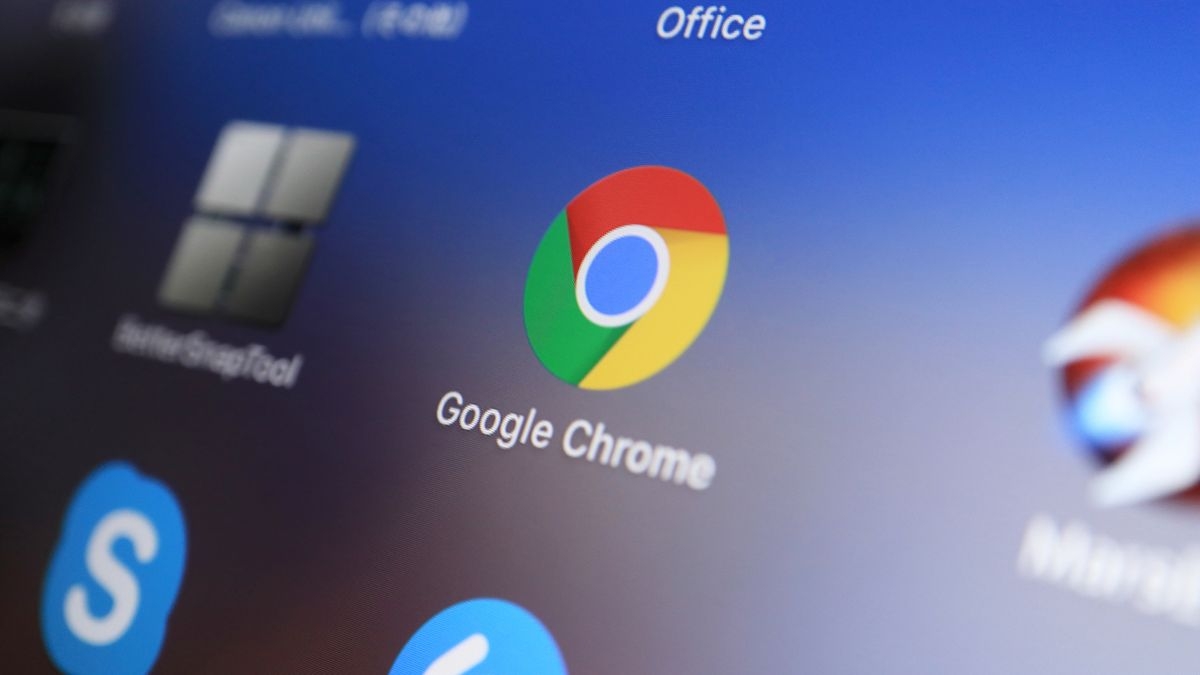 www.techradar.com
www.techradar.com
>Clearly, Google is serious about trying to oust ad blockers from its browser, or at least those extensions with fuller (V2) levels of functionality. One of the crucial twists with V3 is that it prevents the use of remotely hosted code – as a security measure – but this also means ad blockers can’t update their filter lists without going through Google’s review process. What does that mean? Way slower updates for said filters, which hampers the ability of the ad-blocking extension to keep up with the necessary changes to stay effective. > >(This isn’t just about browsers, either, as the war on advert dodgers extends to YouTube, too, as we’ve seen in recent months). > >At any rate, Google is playing with fire here somewhat – or Firefox, perhaps we should say – as this may be the shove some folks need to get them considering another of the best web browsers out there aside from Chrome. Mozilla, the maker of Firefox, has vowed to maintain support for V2 extensions, while introducing support for V3 alongside to give folks a choice (now there’s a radical idea).
 www.techradar.com
www.techradar.com
>Depending on where you're based, you'll find PayPal's new data-sharing option under a different name. Remember, you may not see this at all if you're based in a country that doesn't allow it. > >If you're in the US, you should head to your profile Settings and tap on Data & privacy. Under Manage shared info, click on Personalized shopping. You should see the option enabled by default. Toggle off the button at the right to opt-out. > >If you are in the UK like me, you'll see something different after you head to your profile Settings and tap on Data & privacy. > >Under Manage your privacy settings, here you'll see an Interest-based marketing tab – click on it. At this point, two options will appear: Interest-based marketing on PayPal and Internet-based marketing on your accounts. You have to tap on each of these and toggle off the button at the right to opt-out. These instructions can also apply if you're based in the EU.
 www.techradar.com
www.techradar.com
>Depending on where you're based, you'll find PayPal's new data-sharing option under a different name. Remember, you may not see this at all if you're based in a country that doesn't allow it. > >If you're in the US, you should head to your profile Settings and tap on Data & privacy. Under Manage shared info, click on Personalized shopping. You should see the option enabled by default. Toggle off the button at the right to opt-out. > >If you are in the UK like me, you'll see something different after you head to your profile Settings and tap on Data & privacy. > >Under Manage your privacy settings, here you'll see an Interest-based marketing tab – click on it. At this point, two options will appear: Interest-based marketing on PayPal and Internet-based marketing on your accounts. You have to tap on each of these and toggle off the button at the right to opt-out. These instructions can also apply if you're based in the EU.
 blog.thunderbird.net
blog.thunderbird.net
>The Thunderbird for Android beta is out and we’re asking our community to help us test it. Beta testing helps us find critical bugs and rough edges that we can polish in the next few weeks. The more people who test the beta and ensure everything in the testing checklist works correctly, the better! >Anyone can be a beta tester! Whether you’re an experienced beta tester or you’ve never tested a beta image before, we want to make it easy for you. We are grateful for your time and energy, so we aim to make testing quick, efficient, and hopefully fun!! >The release plan is as follows, and we hope to stick to this timeline unless we encounter any major hurdles: > >- September 30 – First beta for Thunderbird for Android >- Third week of October – first release candidate >- Fourth week of October – Thunderbird for Android release
 blog.thunderbird.net
blog.thunderbird.net
>The Thunderbird for Android beta is out and we’re asking our community to help us test it. Beta testing helps us find critical bugs and rough edges that we can polish in the next few weeks. The more people who test the beta and ensure everything in the testing checklist works correctly, the better! >Anyone can be a beta tester! Whether you’re an experienced beta tester or you’ve never tested a beta image before, we want to make it easy for you. We are grateful for your time and energy, so we aim to make testing quick, efficient, and hopefully fun!! >The release plan is as follows, and we hope to stick to this timeline unless we encounter any major hurdles: > >- September 30 – First beta for Thunderbird for Android >- Third week of October – first release candidate >- Fourth week of October – Thunderbird for Android release
 www.tomshardware.com
www.tomshardware.com
>The Arch Linux team has [announced on its public mailing list](https://lists.archlinux.org/archives/list/arch-dev-public@lists.archlinux.org/thread/RIZSKIBDSLY4S5J2E2STNP5DH4XZGJMR/) that it will be entering into a direct collaboration with Valve. >As primary Arch Linux developer Levente Polyak discloses in the announcement post, "Valve is generously providing backing for two critical projects that will have a huge impact on our distribution: a build service infrastructure and a secure signing enclave. By supporting work on a freelance basis for these topics, Valve enables us to work on them without being limited solely by the free time of our volunteers." > >Polyak continues, "This opportunity allows us to address some of the biggest outstanding challenges we have been facing for a while. The collaboration will speed up the progress that would otherwise take much longer for us to achieve, and will ultimately unblock us from finally pursuing some of our planned endeavors [...] We believe this collaboration will greatly benefit Arch Linux, and are looking forward to share further development on the mailing list as work progresses." > >These quotes go to show how bigger corporations like Valve can still be a helpful, desirable influence in the FOSS (Free and Open Source Software) community. While the rules of FOSS dictate that Valve was under no obligation whatsoever to give back to the community in any way, it's had a great track record so far through Proton and is now directly funding the continued development of Arch Linux, which forms the foundation of its own SteamOS 3 operating system. It's true that volunteers in FOSS make that part of the tech world go round, but it's always nice when these projects can actually afford to pay people to get the work that needs to be done for the rest of our enjoyment.

